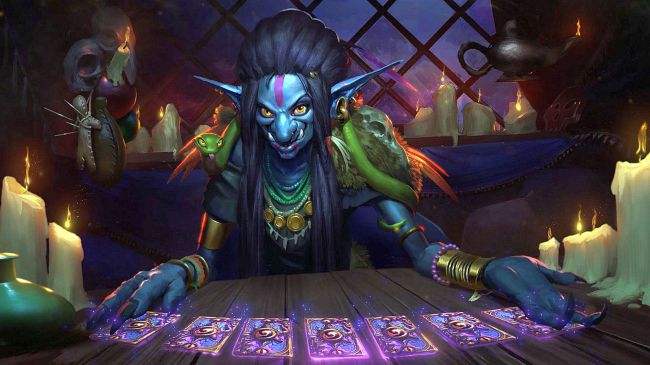'Gaming Disorder' proposed as an addiction by the World Health Organization
The classification appears in a beta draft of the International Classification of Diseases for 2018.

"Gaming Disorder" may soon be classified as an addictive behavior by the World Health Organization, which listed it alongside gambling disorder in a beta draft of its International Classification of Diseases for 2018. The proposed diagnosis has been listed under "disorders due to substance use or addictive behaviors," and is further detailed as "mental and behavioral disorders that develop as a result of the use of predominantly psychoactive substances, including medications, or specific repetitive rewarding and reinforcing behaviors."
"Disorders due to addictive behaviors are recognizable and clinically significant syndromes associated with distress or interference with personal functions that develop as a result of repetitive rewarding behaviors other than the use of dependence-producing substances," the gaming-relevant section states. "Disorders due to addictive behaviors include gambling disorder and gaming disorder, which may involve both online and offline behavior."
This does not mean that gaming disorder is a done deal: The caveats note that the draft is not final, is updated on a daily basis, and is not yet approved by WHO. It really is a beta, in other words, which is a concept most of us should be familiar with.
There are also concerns among some psychologists that the proposal is misguided. Dr. Chris Ferguson told Kotaku that while "myths" about the similarities between gaming and substance abuse persist, they are true "only insofar as any pleasurable activity activates these regions [of the brain]. How gaming involves them is more similar to other fun activities like eating chocolate, having sex, getting a good grade, etc., not heroin or cocaine."
Ferguson and Andrew Przybylski, a psychologist at the University of Oxford, both said that the focus shouldn't be on gaming but on an individual's tendency to overindulge in any given activity, suggesting that excess gaming could be a "coping mechanism" rather than a problem unto itself.
There's an obvious significance to the fact that it's present, even in a preliminary draft, and if gambling is recognized as a addictive then the obvious question is, why not videogames? That said, "Internet Gaming Disorder" was also proposed for the Diagnostic and Statistical Manual of Mental Disorders (DSM-5) in 2013, but was ultimately slated for further study because of a lack of evidence supporting its inclusion.
The biggest gaming news, reviews and hardware deals
Keep up to date with the most important stories and the best deals, as picked by the PC Gamer team.

Andy has been gaming on PCs from the very beginning, starting as a youngster with text adventures and primitive action games on a cassette-based TRS80. From there he graduated to the glory days of Sierra Online adventures and Microprose sims, ran a local BBS, learned how to build PCs, and developed a longstanding love of RPGs, immersive sims, and shooters. He began writing videogame news in 2007 for The Escapist and somehow managed to avoid getting fired until 2014, when he joined the storied ranks of PC Gamer. He covers all aspects of the industry, from new game announcements and patch notes to legal disputes, Twitch beefs, esports, and Henry Cavill. Lots of Henry Cavill.

